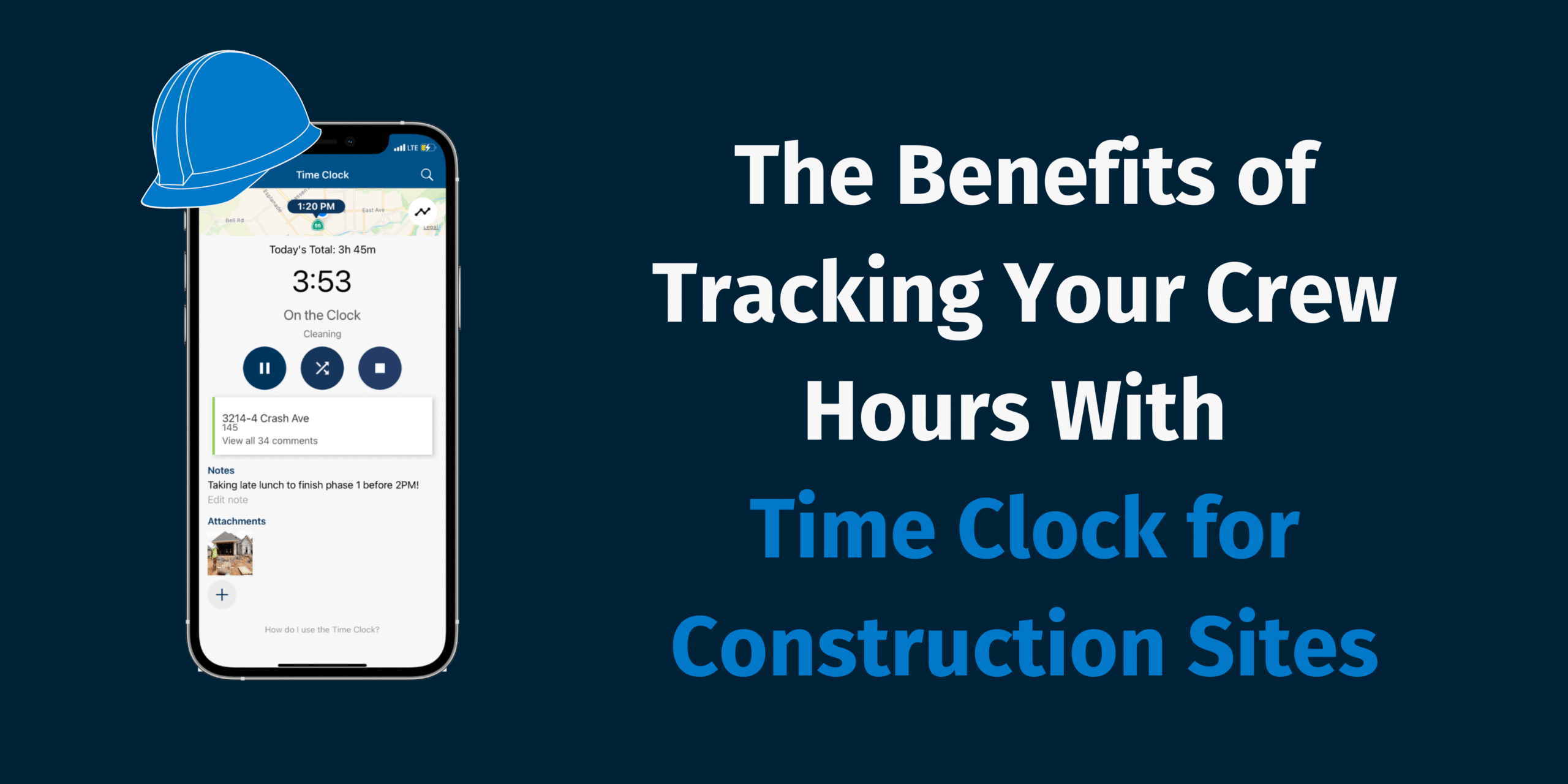Wondering when you can legally operate on-site from Monday to Saturday? Master the crucial timings that keep you compliant and your neighbours happy.
Understanding Construction Hours: A Vital Part of UK Building Projects
In the ever-evolving landscape of UK construction, understanding and adhering to legal working hours isn’t just about compliance – it’s fundamental to project success and maintaining positive community relations. These regulations, primarily governed by the 1974 Pollution Control Act, establish crucial frameworks that balance construction productivity with residential peace. For contractors, developers, and construction professionals, mastering these timeframes is essential for avoiding costly penalties and ensuring project continuity.
Standard Construction Hours in the UK
The cornerstone of UK construction timing regulations stems from the 1974 Pollution Control Act, which sets out the baseline framework for acceptable working hours. Most local authorities across the UK permit construction activities between 8am and 6pm on weekdays, and 8am to 1pm on Saturdays. These standardised hours are designed to minimise disruption while allowing sufficient time for productive work. However, it’s crucial to note that these times specifically govern ‘noisy works’ – activities involving significant noise generation such as demolition, excavation, or power tool usage. Quieter preparatory work or internal finishing may be permitted outside these hours, subject to local authority discretion.
Weekday Operations (Monday to Friday)
- Core Hours: 8am to 6pm is the standard permitted window for noisy construction work
- Early Morning Setup: Some councils may allow quiet preparation work from 7:30am
- Regional Variations: Local authorities like Oxford City Council operate slightly different hours (7:30am to 5:30pm)
- Noise Restrictions: Maximum permitted noise levels vary by location and time of day
- Activity Types: Heavy machinery operation, demolition, and excavation work must stay within core hours
Saturday Construction Guidelines
Saturday construction activities follow more restricted parameters compared to weekdays, reflecting the weekend’s importance for residential areas. The standard permitted window is 8am to 1pm, though some local authorities may vary slightly. These shorter hours require careful planning to maximise productivity while ensuring compliance. Contractors must be particularly mindful of noise levels during these restricted Saturday hours, as complaints are more likely when residents are at home. Many councils require additional noise mitigation measures for Saturday work, and some may restrict certain types of particularly disruptive activities entirely.
Special Circumstances and Exceptions
While standard construction hours are strictly enforced, certain situations may warrant exceptions. These typically fall into three categories:
- Emergency Works: Repairs to essential services or dangerous structures
- Infrastructure Projects: Railway maintenance or major highway works requiring off-peak execution
- Time-Critical Operations: Activities that must avoid peak traffic periods
To obtain permission for extended hours, contractors must submit detailed applications to their local authority, demonstrating clear necessity and outlining noise mitigation strategies.
Compliance and Best Practices
Successful construction projects require robust compliance strategies and consideration for local communities. Essential best practices include:
- Maintaining detailed logs of working hours and activities
- Implementing comprehensive noise management plans
- Establishing clear communication channels with neighbours
- Regular monitoring of noise levels
- Providing advance notice of potentially disruptive works
Consequences of Non-Compliance
Breaching construction hour regulations can have serious implications for projects and contractors. Local authorities have significant enforcement powers, including the ability to issue immediate stop notices and substantial fines. Penalties can reach up to £20,000 per violation, and repeated breaches may result in more severe consequences. Beyond financial penalties, non-compliance can damage relationships with local communities, complicate future planning applications, and delay project completion timelines. Recent statistics show that construction noise complaints increased by 30% in 2023, highlighting the growing importance of strict adherence to permitted hours.
Planning Your Construction Schedule Effectively
Maximising productivity within permitted hours requires strategic planning and efficient resource allocation. Successful contractors typically:
- Schedule noisy works for mid-morning to minimise early disruption
- Coordinate deliveries within permitted hours but away from residential peak times
- Plan quiet works for restricted periods
- Build in contingency time for weather delays and unexpected issues
- Use modern, quieter equipment where possible
Remember, effective scheduling isn’t just about fitting work within permitted hours – it’s about optimising productivity while maintaining positive community relations. By understanding and carefully following these guidelines, construction professionals can ensure project success while avoiding costly delays and penalties.
FAQ
Can I Hoover at 7.30 am?
make sure washing machines, fridges and dishwashers are away from party walls and on a carpet or mat to reduce vibration – especially if you live in a flat. use noisy appliances at sensible times – during normal waking hours. Hoovering in the early hours would be considered unreasonable.
Can I vacuum at 6pm?
How to stay on the right side of the law when vacuuming. If you want to make sure you’re remaining on the right side of the law at all times, try to keep your vacuuming to the hours between 8am and 6pm on weekdays, and between 8am and 1pm on Saturdays and Sundays.
What time can you hoover on a Saturday?
Monday to Friday, 8am to 6pm. Saturday, 8am to 1pm.
What can you do about neighbours banging?
Contacting the police about neighbour noise The police also have specific powers to deal with excessive noise. They might be able to issue fines to people who have failed to stop making excessive noise after being asked to do so, or they might confiscate sound-producing equipment.
Sources
[1] https://hertstools.co.uk/what-time-can-building-work-start-in-a-residential-area/
[2] https://www.gov.uk/guidance/noise-nuisances-how-councils-deal-with-complaints
[3] https://cirrusresearch.com/noisy-work-hours-uk/


Leave a Reply